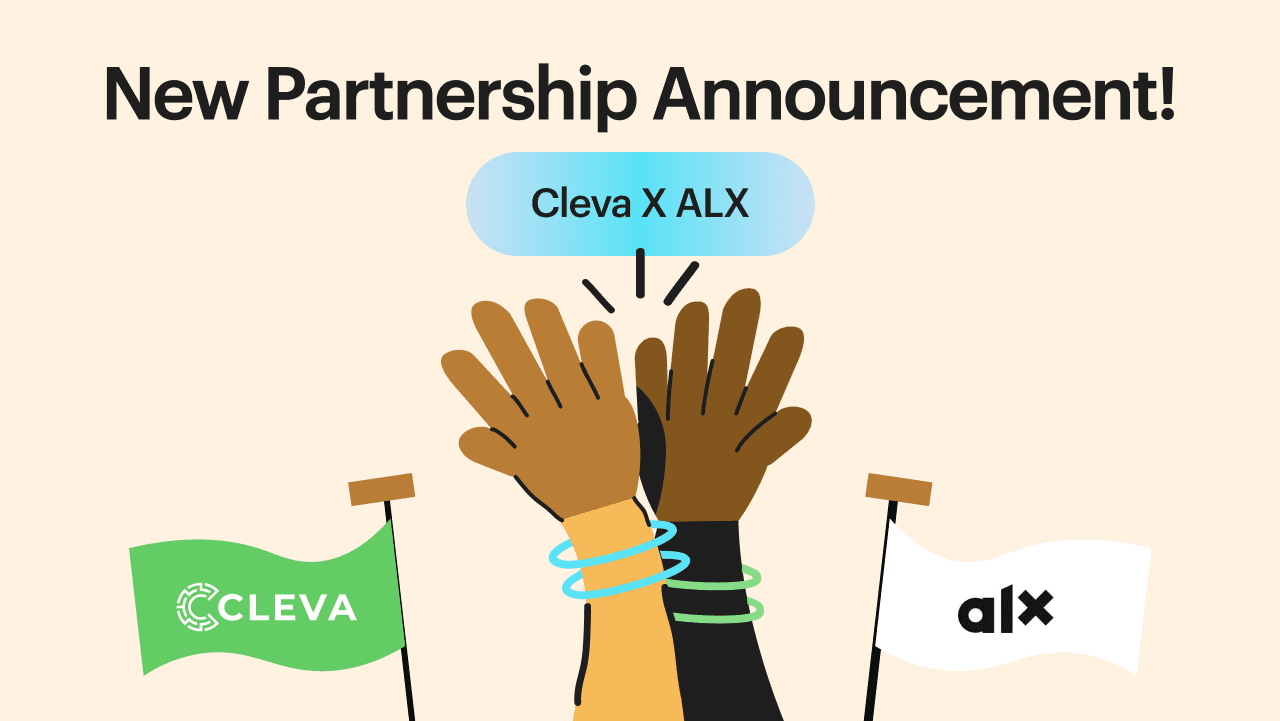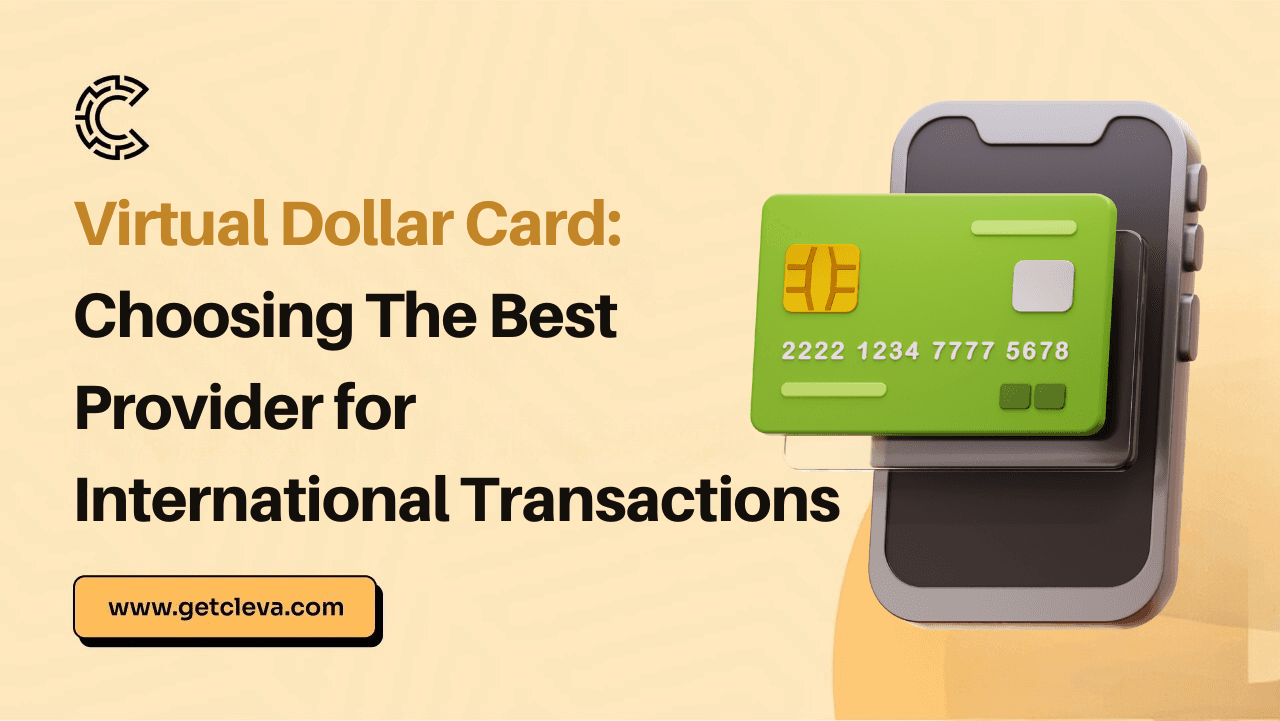
Online payment scams are on the rise, and they’re becoming more sophisticated every day. While we often hear about these scams in the news, it’s easy to think, “That could never happen to me.” But the truth is, scammers are experts at exploiting trust, fear, and even kindness.
To highlight just how real and damaging these scams can be, we’re sharing the story of a lady whose mother fell victim to a bank impersonation scam. Her experience is a powerful reminder that anyone can be targeted, no matter how cautious you think you are.
A Heartbreaking Story: How My Mum Lost ₦1 Million
Let me tell you about what happened to my mum last month. She’s in her late 60s, and while she’s the sweetest person I know, she’s not very familiar with how online scams work. One afternoon, she got a call from someone claiming to be from her bank. The caller sounded professional and urgent.
“Madam, we’ve detected suspicious activity on your account. Some people are trying to access it, and we need your PIN to stop them,” the caller said.
My mum panicked. She didn’t want to lose her savings, so she gave them her PIN. Within minutes, she started receiving debit alerts. The scammers were draining her account in small amounts to avoid detection. By the time she realised what was happening and rushed to the bank, it was too late. They had taken everything; ₦1 million gone, just like that.
The bank couldn’t reverse the transactions because she had willingly shared her PIN. My mum was devastated. She had worked so hard for that money, and in a moment of fear, it was all gone.
This story is a stark reminder that scammers prey on vulnerability. They use urgency and fear to manipulate people into making mistakes. But with the right knowledge, you can protect yourself.
Common Online Payment Scams and How to Avoid Them
Here are some of the most common scams and practical tips to stay safe:
1. The “Bank Impersonation” Scam
This is what happened to the lady’s mum we highlighted above. Scammers pretend to be from your bank and create a sense of urgency to trick you into sharing sensitive information.
How to avoid it:
- Banks will never ask for your PIN, password, or OTP over the phone or email.
- If you receive a suspicious call, hang up and call your bank’s official customer service number to verify.
- Enable transaction alerts on your naira account and USD account to monitor activity in real time.
2. The “Too Good to Be True” Online Shopping Scam
Beware of online payment scams that exploits people’s greed and ignorance. Imagine finding a designer bag or the latest smartphone online at 90% off. Sounds amazing, right? However, if the deal seems too good to be true, it probably is.
How to avoid it:
- Research the seller and check for reviews or complaints online.
- Look for secure payment options and avoid paying via direct transfers or gift cards.
- Use platforms with buyer protection policies, like Cleva, to ensure your money is safe.
3. The “Fake Love” Scam
This one preys on emotions. Scammers create fake profiles on dating apps or social media, build a relationship with you, and then ask for money for an “emergency.”
How to avoid it:
- Be cautious about sharing personal information with people you meet online.
- Never send money to someone you haven’t met in person.
- If they avoid video calls or meeting up, it’s a red flag.
4. The “Phishing Email” Scam
Online payment scams like this often involve receiving an email claiming to be from a trusted company, such as your bank or an online store. It, most times, will ask you to click a link and enter your login details.
How to avoid it:
- Check the sender’s email address for inconsistencies.
- Hover over links to see the actual URL before clicking.
- Never enter sensitive information on a website unless you’re sure it’s legitimate.
5. The “Fake Job Offer” Scam
Scammers post fake job listings and ask for “registration fees” or personal information to process your application.
How to avoid it:
- Legitimate companies will never ask for payment to hire you.
- Research the company and verify their contact information.
- Be wary of job offers that seem too easy or too good to be true.
How Cleva Keeps You Safe
At Cleva, we understand how devastating it can be to fall victim to a scam. That’s why we’ve built multiple layers of protection to keep your money and personal information secure. With Cleva, your money stays EXTRA protected with:
- Face ID for Secure Login: Biometric authentication ensures only you can access your account.
- 4-Digit PIN for Login & Transactions: An additional layer of security to verify your identity.
- Real-Time Alerts: Get instant notifications for every transaction, so you can spot suspicious activity immediately.
- Secure Payments: Our platform uses advanced encryption to protect your data.
- Fraud Detection: We monitor transactions 24/7 to identify and block potential scams.
- Dedicated Support: Our team is always here to help if you have any concerns.
Protect Your Money When Converting Dollar to Naira
Many Nigerians lose money to scammers when trying to exchange USD to Naira or send payments abroad. With fluctuating exchange rates and unreliable middlemen, it’s easy to fall into traps. Whether you need to check the current usd to naira black market rate, open a dollar account in Nigeria, or get a virtual dollar card for safe online payments, using a secure platform like Cleva ensures your transactions are safe and stress-free.
Want to know why more Nigerians are trusting Cleva for their international payments? Read why Nigerians are switching to Cleva for their dollar transactions.
Final Thoughts: Stay Vigilant and Informed
Scammers are constantly evolving their tactics, but staying informed is your best defense. Remember:
- Never share sensitive information with anyone.
- Always verify the identity of the person or company you’re dealing with.
- Trust your instincts—if something feels off, it probably is.
It’s also important to educate your parents and older relatives about these scams. Many scammers specifically target elderly people who may not be familiar with online fraud tactics. Take the time to explain common scams to them, set up transaction alerts on their accounts, and encourage them to verify any suspicious calls or messages before taking action. A simple conversation could save them from losing their hard-earned money.
At Cleva, we’re committed to helping you navigate the digital world safely. By working together, we can outsmart scammers and protect what matters most.
👉 Get started with Cleva today:
🔗 Visit our website
📲 Download on the App Store
📲 Get it on Google Play
Share this article


